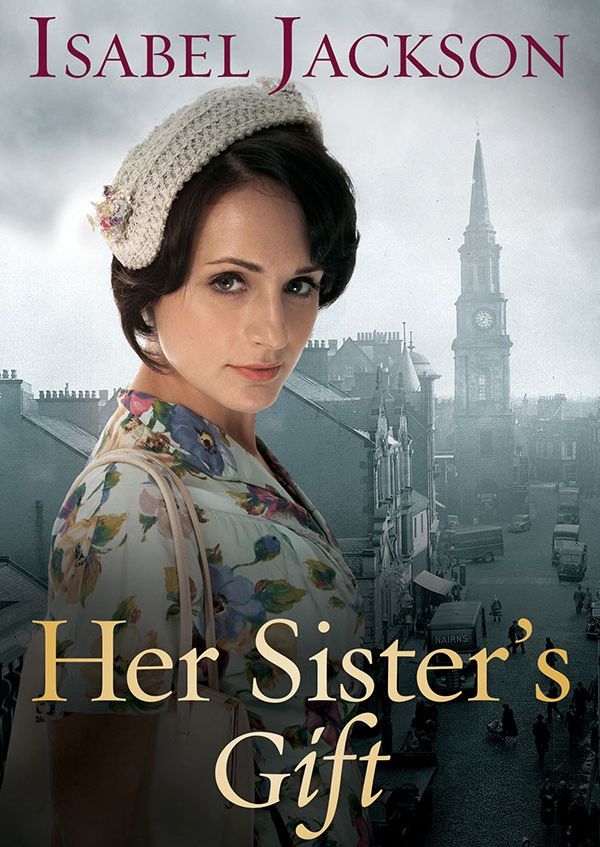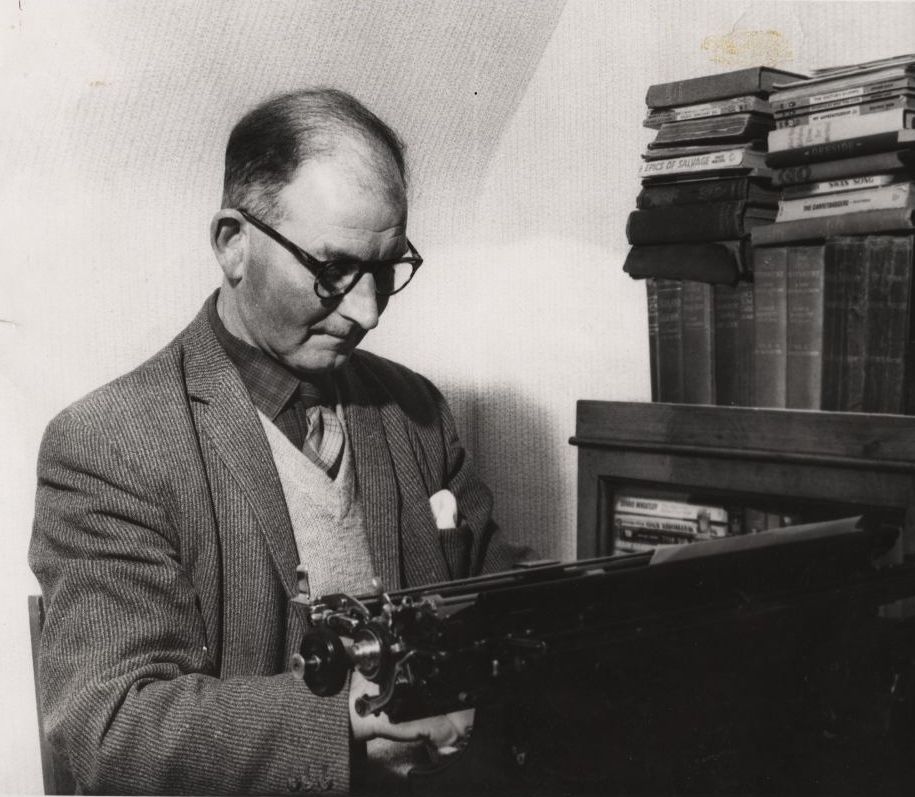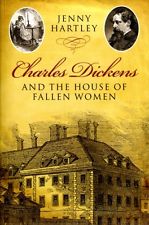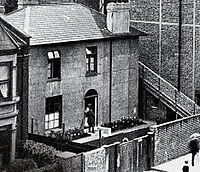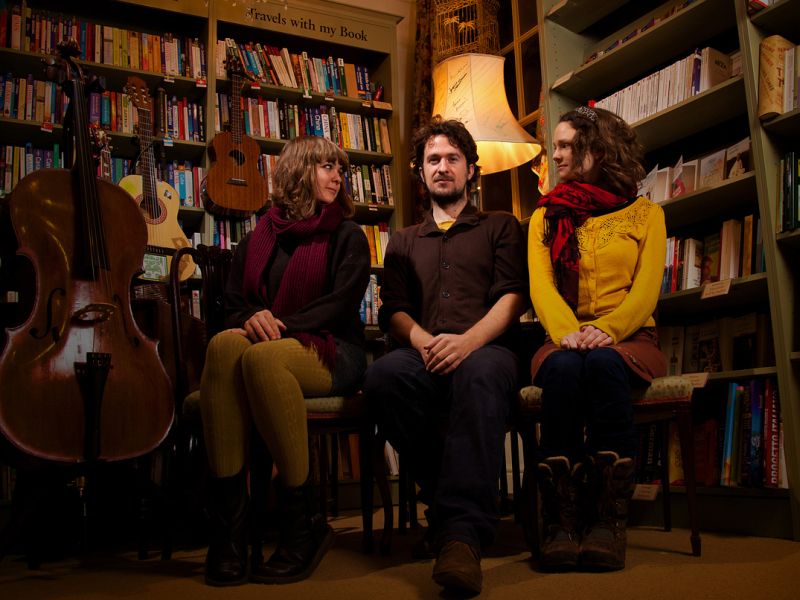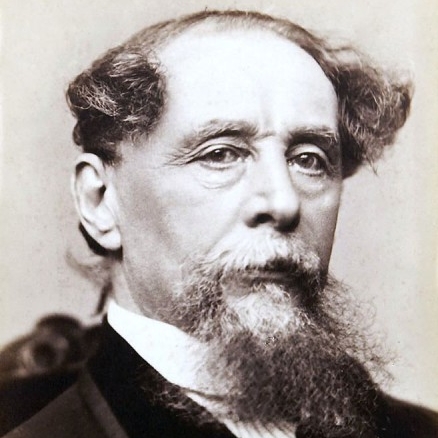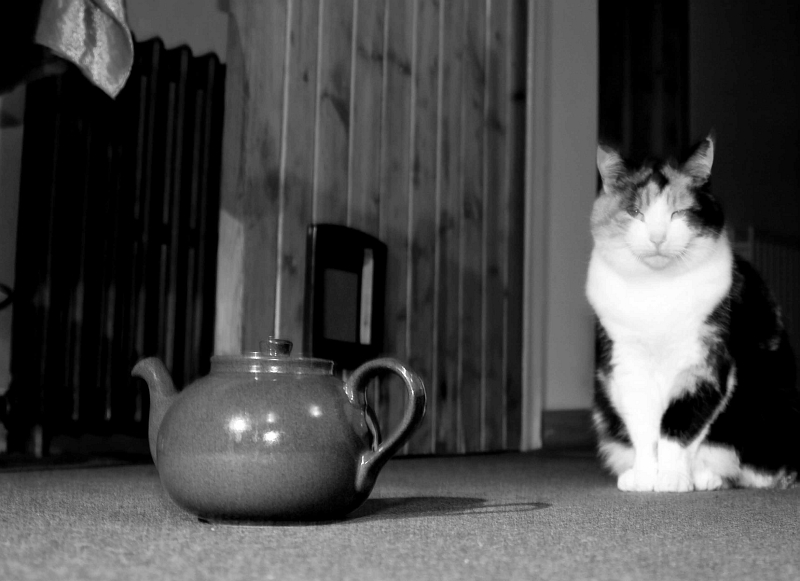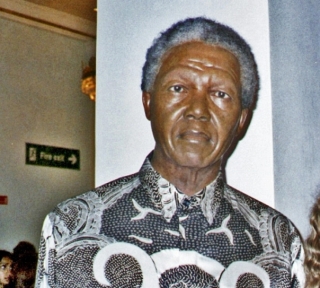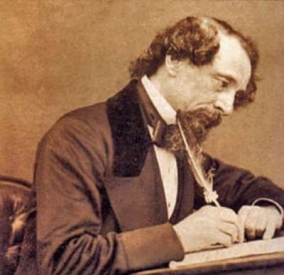With thanks to Clare Scott, Communications Consultant, CJS Communication & Marketing.

Home-Start Aberdeen’s chairperson, Roberta Eunson, reads a book with young Jack Evans
Family support charity Home-Start Aberdeen is appealing for donations of children’s books towards its 2016 book advent. Introduced by the charity in 2014, the initiative encourages parents to read a book with their children in the 24 days leading up to Christmas and on Christmas day itself.
It is believed that reading together encourages families to bond, as well as helping with literacy, communication and imaginative skills.
This year’s book advent is set to be the charity’s biggest yet and represents a mammoth challenge in terms of collecting, wrapping and distributing book parcels.
Home-Start Aberdeen currently provides over 180 city-based families with emotional and practical support via its trained home-visiting volunteers. The team are therefore urging people to get behind the campaign by donating both excellent-quality children’s books and rolls of Christmas wrapping paper.
“The feedback from previous years indicates that our book advent is an extremely worthwhile initiative that is greatly appreciated by the families we support,” says Georgette Cobban, scheme manager, Home-Start Aberdeen.
“We require significant additional quantities of books and wrapping paper this year, so we are launching our campaign early in the hope that people will remember us – particularly if they are having their own pre-Christmas clear-out.
“Last year some local playgroups and other organisations organised their own mini-collections for us, which was very helpful. We would love others to follow suit this time. We have also introduced some additional drop-off points to make it easier for groups and individuals to get their donations to us.”
Children’s books, which should be in excellent condition, and donations of wrapping paper can be dropped off at Home-Start Aberdeen’s headquarters at 1A Alford Place or at its charity shop at 101 George Street, opposite John Lewis.
The charity’s corporate partner, Peter Vardy Vauxhall, is accepting donations at its premises on Lang Stracht. The appeal is also supported by Kirsty Blackman MP, whose constituency office at 46 John Street is a further drop-off point. All donations should be made by Friday, 4 November.
Home-Start Aberdeen provides vulnerable local families with emotional and practical support in their own homes. The charity has been working with communities in the city for 29 years. Its team of trained home visiting volunteers work with referred families to help them access relevant health and welfare services, manage family budgets and nutrition, engage with their own communities and enjoy family life again.
Further information is available at www.homestartaberdeen.org.uk
- Comments enabled – see comments box below. Note, all comments will be moderated.
